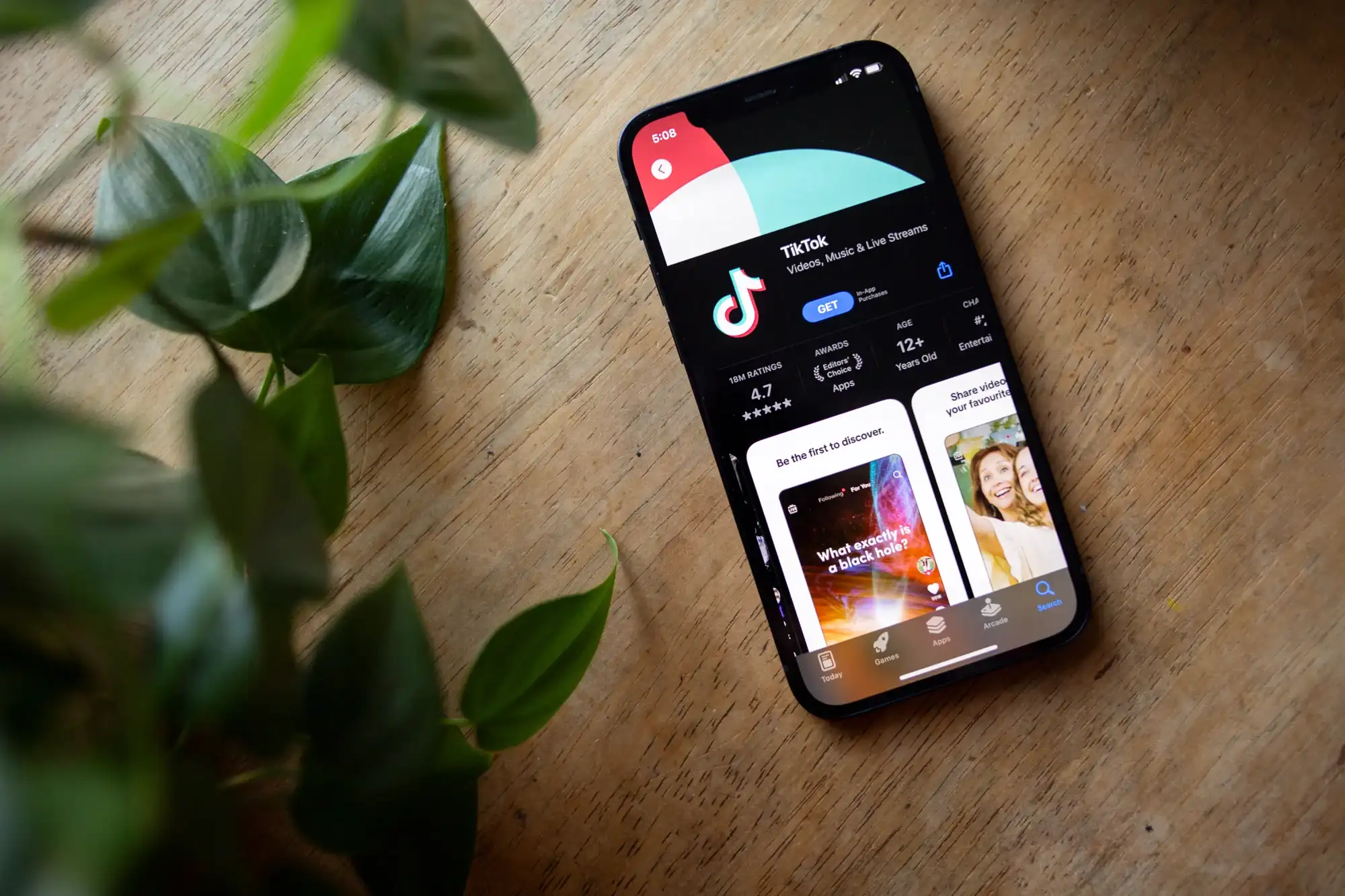TikTok has pulled a widely criticized AI filter that digitally altered users’ photos to give them a heavier appearance — a move that sparked outrage across the platform for promoting body shaming and harmful beauty standards.
What the Filter Did
The now-removed filter, dubbed the “chubby filter,” followed a consistent format: a user would post an unedited photo — often of a slim physique — and then activate the filter, which visibly increased the subject’s body size. These videos were typically set to the track “Anxiety” by rapper Doechii, lending a performative drama to the transformation.
A Trend That Sparked Outrage
As the trend gained traction, so did the criticism. Thousands of users began calling out the filter for reinforcing negative stereotypes. One viral comment described the trend as “mean girl coded,” racking up over 5,000 likes. TikToker @sadiebass16 expressed frustration, saying, “Imagine just trying to exist on this app and seeing thousands of people mocking a body that looks like yours.”
Health and wellness app Luna also weighed in, denouncing the trend for encouraging body shaming and promoting unattainable beauty ideals — particularly damaging to teens who make up a large portion of the app’s user base.
TikTok’s Response
Responding to the criticism, TikTok confirmed to the BBC that it had removed the filter and was in the process of reviewing videos featuring it. The platform said these videos would no longer be eligible for recommendation and would be hidden from teen accounts.
Interestingly, TikTok clarified that the filter was developed by CapCut — a separate app with the same parent company, ByteDance. Despite the removal, some filtered content was still accessible on TikTok’s desktop version as of Monday morning, though searches for “chubby filter” on the mobile app yielded no results.
The Ongoing Debate Over Beauty Filters
While many of TikTok’s filters are whimsical — think bunny ears and animated sparkles — others, particularly those related to appearance, have long drawn criticism. Filters that smooth wrinkles or alter facial features have been accused of encouraging unrealistic beauty standards and contributing to low self-esteem, especially among young users.
Voices Against Digital Distortion
- @SaffsStuff, a TikToker with over 100,000 views on her critique, argued that the chubby filter isn’t humorous but part of a larger trend tied to toxic diet culture and the resurfacing of “heroin chic” body ideals.
- A 2019 study found a correlation between the use of filters and increased acceptance of cosmetic surgery.
- Meanwhile, a Harvard Business Review report in 2021 revealed that even people confident in their appearance can experience distress after seeing digitally “improved” versions of themselves.
Steps Toward Accountability
In an effort to curb these effects, TikTok announced in November 2023 that users under 18 would no longer have access to beauty filters. The decision followed a commissioned report exploring the psychological impact of these tools on young audiences.
Though the chubby filter is now gone, its brief presence has reignited discussions around digital self-image, platform responsibility, and the pervasive influence of social media on body perception. For many, it serves as a reminder that what starts as a trend can quickly cross the line into harm.






